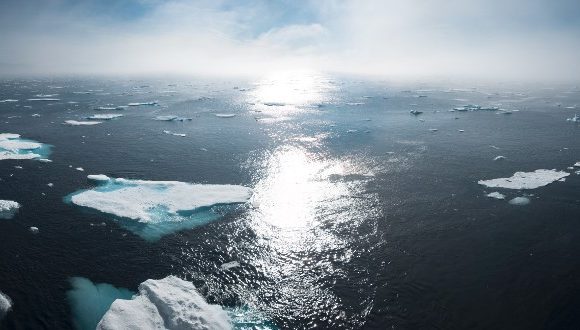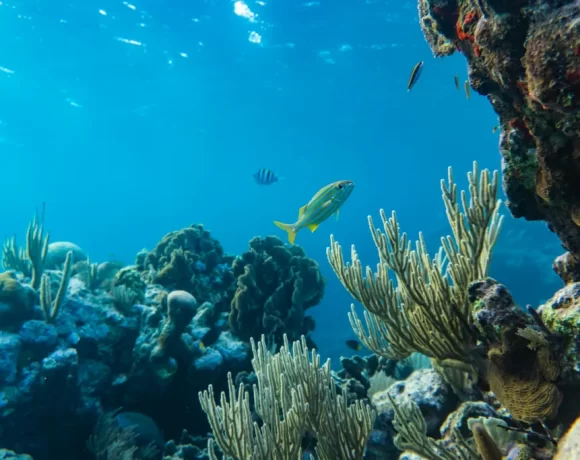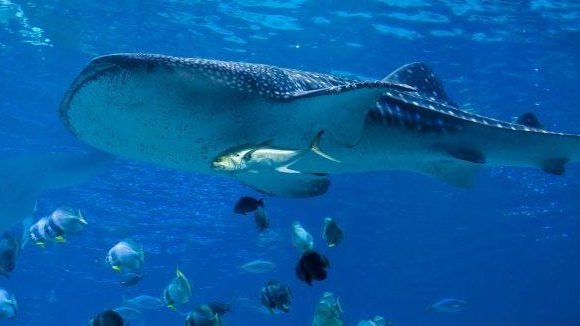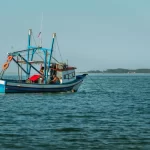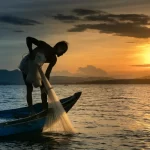The BMA is a Proud Supporter of Marine Sustainability
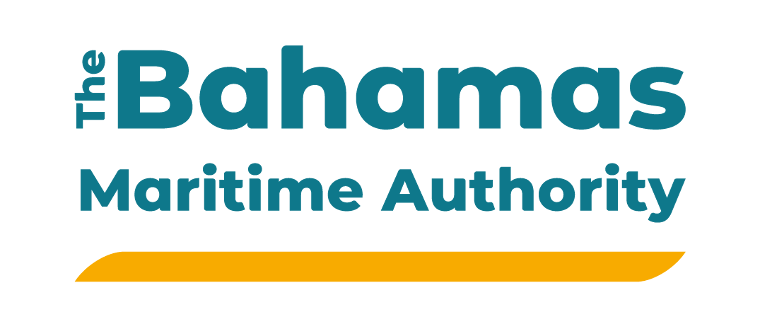
As a maritime nation, consisting of an archipelago of some 700 islands, rocks and cays spread over some 100,000 square miles of beautiful coral seas; preservation of the marine environment is paramount to The Bahamas.
Of course, there are any number of threats to the marine environment but The Bahamas Maritime Authority (BMA) has pledged its support to organisations that are working towards a more sustainable future for our oceans.
Its biggest commitment is to the International Maritime Organization (IMO), where it has been a member of the IMO Council since the 1990s and an active IMO member state supporting the UN Sustainable Development Goals, SDG 6 (clean water), SDG 13 (Climate action) and SDG 14 (life below the waters). The IMO’s theme of ‘Sustainable shipping for a sustainable planet’ encompasses The BMA’s values and commitment to enhancing the safety of seafarers while ensuring that we preserve our beautiful planet for future generations of people and wildlife. These efforts are supported at the Caribbean regional level through the UN Latin and Caribbean Environment Programme.
The BMA plays an active role in promoting awareness of issues such as Green House Gas (GHG) emissions and the drive to reduce them. The authority engages with other member states, NGOs and external industry partners in the effort to bring about changes in attitude and behaviour. To this end, The BMA has been involved in discussions relating to procedures for sampling fuels and also for the verification of their sulphur content. It also continues to play a part in the development of enhancements to the Energy Efficiency Design Index (EEDI) which expresses the ratio of environmental costs divided by benefit for society, a formula which allows easy understanding of potential harm to the environment. The Flag ensures compliance with the 0.5% limit on sulphur in fuel on board all its ships (outside the designated emission control areas where the limit is 0.10%), it also prohibits the carriage of non-compliant fuel worldwide, including in polar waters.
Just as important as looking for the reduction of sulphur in fuel is the search for alternative and innovative fuels and planning for the time when they will come on stream. The BMA promotes and facilitates research and development of clean fuels and new technologies that will help achieve mid and long-term goals for greener fuels. As a Small Island Developing State (SIDS), The Bahamas is especially interested in the impact that GHG reduction and capacity building of alternative fuels will have on both SIDS and Least Developed Country (LDC) states.
Two organisations with which The BMA has been recently involved are the North American Marine Environment Protection Association (NAMEPA) and the newly launched Eyesea. NAMEPA has two main goals, to preserve the marine environment by promoting sustainable maritime industry best practices and, also, to educate the public to Save Our Seas. It brings together industry, government, regulators and other interested bodies to promote collaboration and participation in preserving the marine environment. The BMA is proud to have a representative on the Board of Directors of NAMEPA.
Eyesea is a newly launched, not-for-profit organisation which uses technology and the support of seafarers, shipowners, managers and maritime professionals to collect and process oceanic pollution data. Seafarers in particular will play a lead in this initiative by using the Eyesea app and then simply taking a photo, which is automatically GPS-tagged, and categorising the pollution type. This data will be used to build detailed maps and charts showing where pollution is located. They will be offered free-of-charge to governments, clean-up groups, researchers, local authorities and other stakeholders, enabling targeted clean-up action and evidence-based decision making.
The BMA is particularly proud to be playing a pivotal role in these organisations as they both demonstrate how the maritime community, through collaboration, can really make a difference to the drive towards cleaner seas.

Captain Steve Bomgardner
Regional Director (Americas) & Global Business Development Director
Any discussion of marine sustainability must include the animals which live in the oceans and The BMA is fully supportive of the designation of Special Areas and Particularly Sensitive Sea Areas (PSSAs) to increase coverage of marine protected areas. Furthermore, the Authority supports the work on ship safety, prevention of pollution and the protection of marine mammals by promoting the adoption of various ship routeing measures which are designed to protect whales and other cetaceans from ship strikes during breeding season. There is also the recognition that underwater-radiated noise from commercial ships may have both short and long-term negative consequences on marine life, especially marine mammals.
Captain Steve Bomgardner, Regional Director (Americas) and Global Business Development Director of The BMA and also its representative at both NAMEPA and Eyesea, said: “As shipping continues to transport more than 80% of global trade, it is essential that the sector takes a proactive stance to ensure the sustainability of the marine environment. It is very satisfying to see so many arms of the industry working together to create cleaner seas that will be appreciated by generations to come. The BMA’s objectives are fully in line with those of the IMO, ‘Safe, Secure and Efficient Shipping on Clean Seas’.”
The Bahamas Maritime Authority
For further information contact:
Sally Butler, Elaborate Communications
sbutler@elabor8.co.uk
Tel: 01296 682403
Charlotte Ward, Marketing Manager
The Bahamas Maritime Authority
cward@bahamasmaritime.com
+44 (0) 207 562 1330

